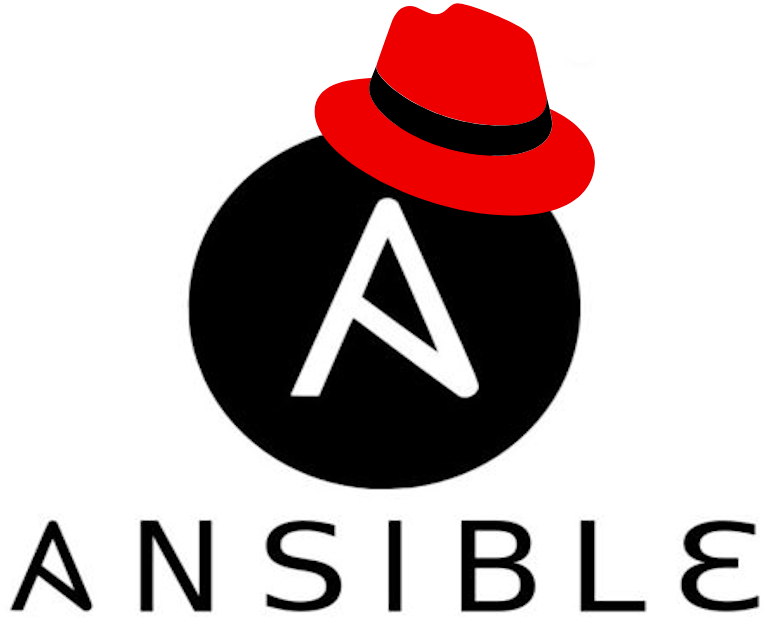Ansible by Red Hat
Ansible is a powerful open-source tool for configuration management, application deployment, and multi-node orchestration. Simple, agentless, and YAML-based, it's ideal for infrastructure as code.
Disclaimer: Ansible and the Ansible logo are trademarks of Red Hat, Inc. All rights reserved. We are not affiliated with or endorsed by them.


At Altnix, we help organizations automate repetitive IT tasks and achieve configuration consistency across environments.
Ansible Features
What is Ansible?
Ansible is an open-source configuration management and provisioning tool, similar to Chef, Puppet, or Salt.
It uses SSH to connect to servers and run the configured tasks. Ansible lets you control and configure nodes from a single machine.
What makes it different from other management software is that Ansible uses SSH infrastructure.
The project was founded in 2013 and bought by Red Hat in 2015.
Why Ansible?
No Agent - As long as the box can be ssh’d into and it has python, it can be configured with Ansible.
Idempotent - Ansible’s entire architecture is structured around the concept of idempotency. The core idea here is that you do only necessary tasks and they are repeatable without side effects.
Declarative Not Procedural - Ansible works by you writing a description of the state of the machine that you want and then it takes steps to fulfill that description.
Tiny Learning Curve - Ansible is quite easy to learn. It doesn’t require any extra knowledge.
Ansible Use Cases
Provisioning
Configuration Management
App Deployment
Continuous Delivery
Security & Compliance
Orchestration
Ansible is the simplest solution for configuring the nodes. It’s designed to be minimal in nature, consistent, secure, and highly reliable. Any developer, tester, or IT manager can easily configure nodes. Any IT person can write playbooks easily. Ansible configurations are simple data descriptions of your infrastructure (human-readable) ensuring everyone on your team will be able to understand the meaning of each configuration task. Ansible requires nothing more than a password or SSH key in order to start managing systems and you can start managing them without installing any agent software.
Configuration Management with Ansible
Ansible is the simplest solution for configuring the nodes. It’s designed to be minimal in nature, consistent, secure, and highly reliable. Any developer, tester, or IT manager can easily configure nodes. Any IT person can write playbooks easily.
Ansible configurations are simple data descriptions of your infrastructure (human-readable) ensuring everyone on your team will be able to understand the meaning of each configuration task.
Ansible requires nothing more than a password or SSH key in order to start managing systems and you can start managing them without installing any agent software.
Why Choose Altnix for Ansible by Red Hat?
Altnix Advantage
Ansible Consulting Services
Altnix provides Professional Services and Consulting for Ansible around monitoring IT infrastructure automation including the following:
Consulting on the adoption of Ansible
In-Depth Analysis of your Automation requirements and scope study
Architecture Design and Hardware Sizing Guidelines
Solution Design Document that can be handed over to engineers for implementation
Roadmap on the evolution of Ansible at your organization
Ansible Implementation and Deployment
Altnix implements Ansible based automation solutions keeping in mind the business requirements. Implementation includes the following:
Ansible installation and setup
Configuration Management using Ansible
Deployment using Ansible
Discovery using Ansible
Designing and Developing new playbooks in Ansible
Test and UAT sign off after consultation with the customer
Reports and Charts as per Customer requirements
Training to operators and administrators managing Ansible installation
Documentation for future reference
Ansible Customization
Altnix can customize your Ansible installation so that it is a better fit for your business environment.
Adding new workflows and configuration playbooks in Ansible
Adding components to Ansible core functionality
Third-Party Integration
Altnix can integrate OpenNMS with other third-party tools to meet several business use cases.
Ticketing systems such as IBM Netcool, BMC Remedy, Zendesk, and OTRS Community Edition
Network Management and Orchestrator tools such as HP NNM and Spiceworks
Monitoring tools such as OpenNMS, Zabbix, Nagios and Prometheus
ERP tools such as SAP, OpenERP, and Oracle
ITSM Tools such as ((OTRS) Community Edition and GLPi Network Edition
Visualization Tools such as Grafana, Graphite, Cacti
24x7 AMC Support Services
Altnix offers 24x7 support services on an AMC or per hour basis for new or existing installations on Ansible. Our team of experts are available round the clock and respond to you within a predefined SLA.
GET CONSULTATIONS
Bridging the Gap in Your IT Solutions

